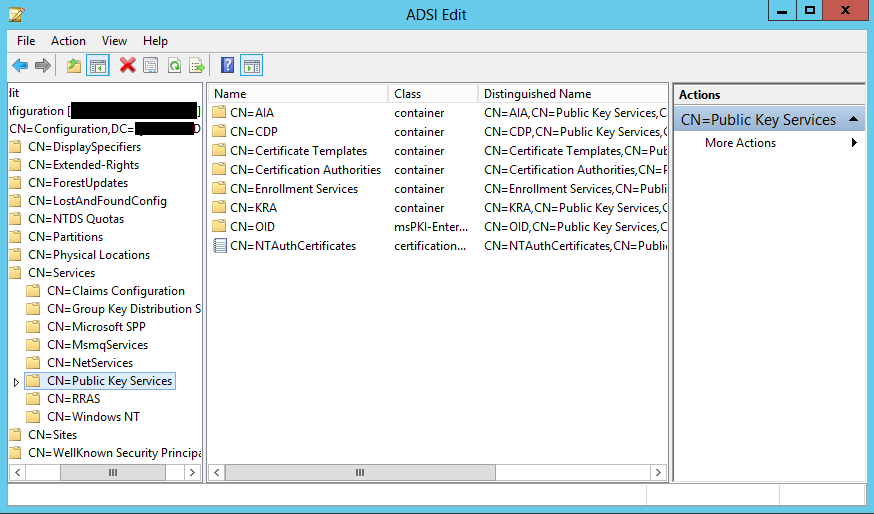Introduction
In today's digital landscape, securing communications and verifying identities are essential. Enterprise PKI (Public Key Infrastructure) is a framework that enables organizations to establish a secure and trusted environment by managing digital certificates and cryptographic keys. This article explores the concept, benefits, and implementation of Enterprise PKI.
What is Enterprise PKI?
Enterprise PKI is a system that provides a secure method for issuing, managing, and validating digital certificates within an organization. It ensures that data transmissions, user identities, and software applications are protected through encryption and authentication mechanisms.
How Does Enterprise PKI Work?
-
Certificate Authority (CA) – An internal or external CA issues digital certificates to authenticate users, devices, and applications.
-
Registration Authority (RA) – Verifies and approves certificate requests before they are issued by the CA.
-
Certificate Lifecycle Management – Handles certificate issuance, renewal, revocation, and expiration.
-
Key Management – Ensures the security and rotation of cryptographic keys used for encryption and authentication.
-
Validation & Revocation – Uses mechanisms like Certificate Revocation Lists (CRLs) and Online Certificate Status Protocol (OCSP) to check certificate validity.
Benefits of Enterprise PKI
-
Enhanced Security: Protects sensitive data by encrypting communications and verifying identities.
-
Regulatory Compliance: Meets security and compliance requirements such as GDPR, HIPAA, and NIST standards.
-
Centralized Management: Streamlines certificate issuance and management across an enterprise.
-
Improved Trust: Ensures that only authorized users and devices can access corporate networks and systems.
-
Scalability: Supports growing IT infrastructures, IoT devices, and cloud services.
Implementing Enterprise PKI
To deploy an Enterprise PKI successfully, organizations should:
-
Define Security Policies: Establish clear policies for certificate issuance, usage, and revocation.
-
Select the Right CA Model: Choose between an on-premises, cloud-based, or hybrid CA.
-
Automate Certificate Management: Use tools to monitor and renew certificates automatically.
-
Ensure Proper Key Protection: Store cryptographic keys securely in Hardware Security Modules (HSMs).
-
Regularly Audit and Update: Conduct security audits and update policies to maintain compliance.
Conclusion
Enterprise PKI is a vital security component that helps organizations establish trust, secure communications, and meet regulatory requirements. By implementing best practices and leveraging PKI solutions, businesses can enhance their cybersecurity posture and protect critical digital assets in an increasingly connected world.

Comments on “Understanding Enterprise PKI: Enhancing Security and Trust”